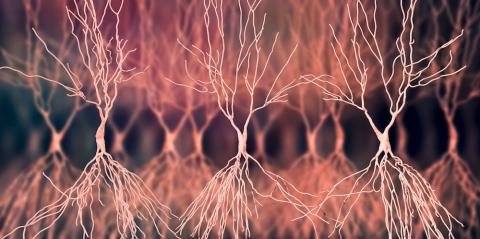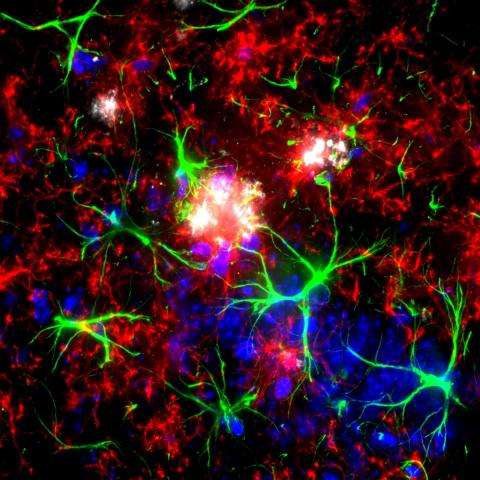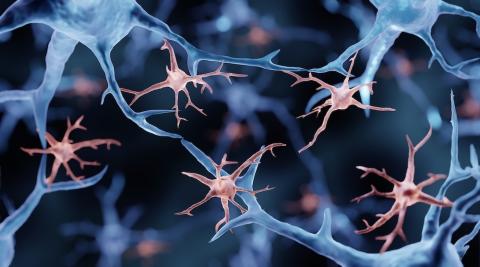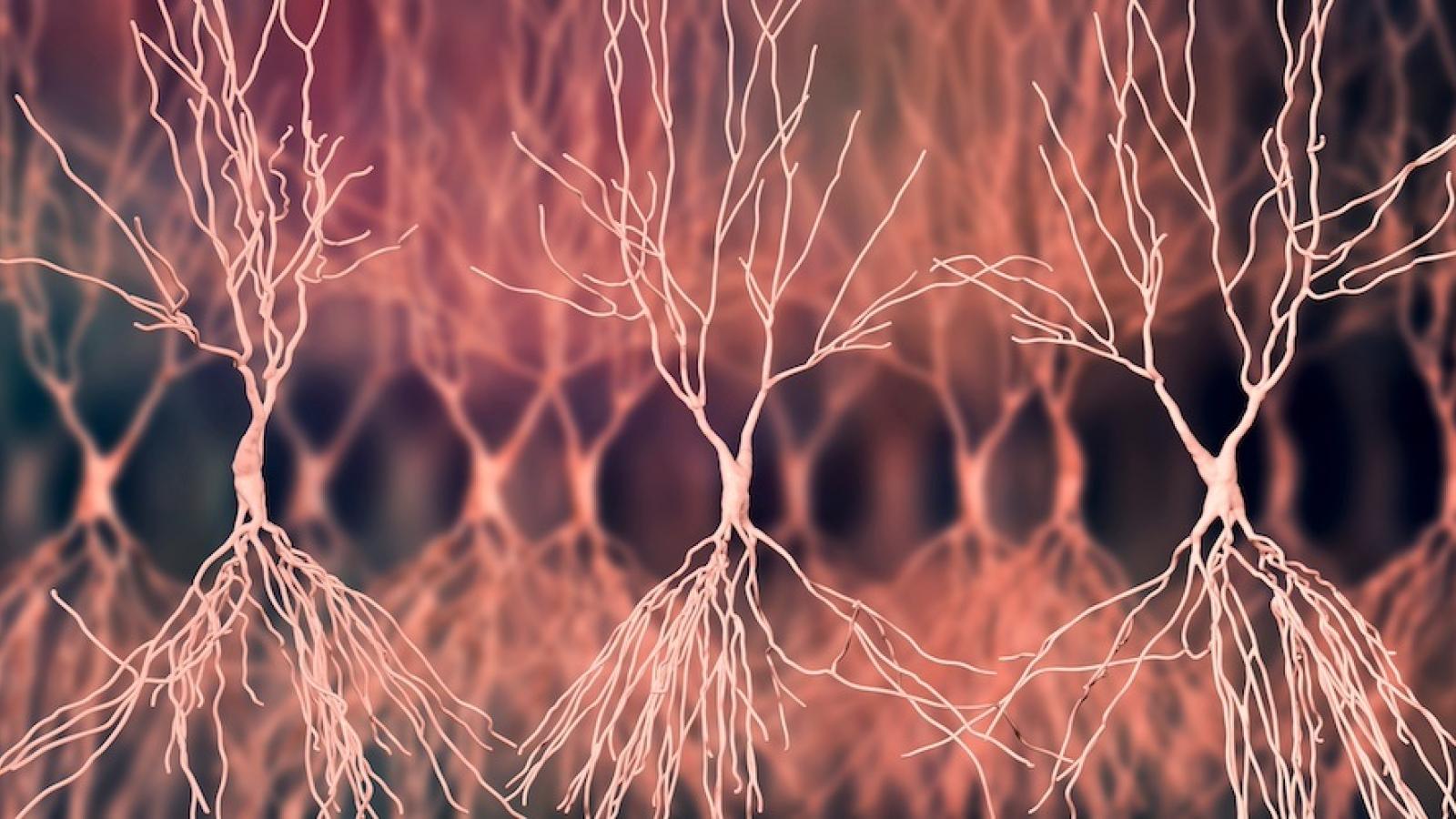This UK DRI Grand Challenge project, led by Prof Karen Duff, aims to understand the early stages of Alzheimer’s disease by studying molecular and cellular changes in mice alongside the earliest behavioural changes in humans at risk of the disease. The project focuses on the entorhinal cortex and hippocampus, brain regions first affected by Alzheimer’s, which are involved in spatial navigation through grid and place cells. By studying these brain regions in animal models and humans, the team seeks to uncover how early Alzheimer's pathology leads to cognitive decline, particularly impaired spatial navigation.
A central hypothesis is that difficulties in path integration, a form of spatial navigation, might be one of the earliest signs of Alzheimer's. This is being tested in two human cohorts: one at risk of sporadic Alzheimer’s from the PREVENT study and another from the world’s largest kindred of familial Alzheimer’s, based in Colombia, carrying the presenilin-1 mutation. Using cognitive tests and advanced imaging, the researchers aim to detect early signs of the disease.
The project’s cross-species approach combines human testing with mouse models, allowing for a deeper understanding of how cellular changes translate into cognitive symptoms. These insights could lead to new biomarkers and early diagnostic tools. Mouse studies will also help identify the specific brain networks involved in these deficits.
Ultimately, the project aims to develop a cognitive test based on brain mechanisms, improving early detection and enabling timely treatment with emerging Alzheimer’s therapies, such as anti-amyloid immunotherapies.
News

Collaborators




UK DRI labs


